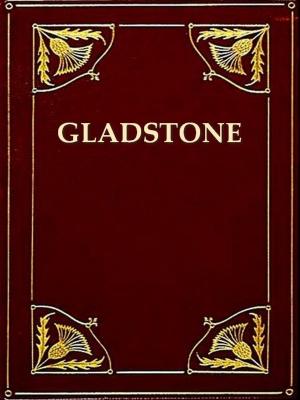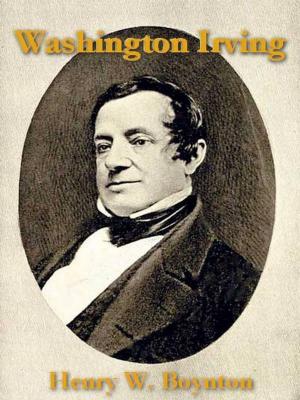John Brown: A Retrospect
Nonfiction, History, Americas, United States, Civil War Period (1850-1877), Biography & Memoir, Historical| Author: | Alfred S. Roe | ISBN: | 1230000150651 |
| Publisher: | VolumesOfValue | Publication: | July 12, 2013 |
| Imprint: | Language: | English |
| Author: | Alfred S. Roe |
| ISBN: | 1230000150651 |
| Publisher: | VolumesOfValue |
| Publication: | July 12, 2013 |
| Imprint: | |
| Language: | English |
Excerpt
...During the twenty-five years intervening since the death of John Brown, the Drama of Life has been played with far more than the usual variation. In no equal space of time since the recording of events began, have more pages of history been turned than during the quarter of a century just closing. Owing to the efforts of Brown and others sympathizing with him, the Institution of Slavery had already received many shocks; but it was still active and aggressive. For ought man could see to the contrary, it was fated to exist many years yet. It held unchallenged, fifteen of the states in this Union and was making strenuous efforts to fortify itself in the territories of the West. A bishop in the freedom-loving state of Vermont was, twenty-five years ago, finding scripture argument for the maintenance of Negro slavery. Across the Connecticut River, in New Hampshire, the head of her chief educational institution was teaching the young men under his care that slavery was of Divine origin, and, of course, as such must not be disturbed. In New York City, one of her foremost lawyers, Charles O'Conor, announced to his audience that Negro slavery not only was not unjust, "But it is just, wise and beneficent." Though there was disclaim at this statement, the vast majority of his immense throng of listeners applauded the sentiment to the echo. In our own Commonwealth, a human being had just been rendered back to slavery, and the most distinguished clergyman in Massachusetts had stood a trial for endeavoring to prevent the everlasting disgrace. In those days between "Fifty and Sixty," "Uncle Tom's Cabin" meant something. Its gifted author had set before every Northern reader a picture on which he could not look without blushing...
Excerpt
...During the twenty-five years intervening since the death of John Brown, the Drama of Life has been played with far more than the usual variation. In no equal space of time since the recording of events began, have more pages of history been turned than during the quarter of a century just closing. Owing to the efforts of Brown and others sympathizing with him, the Institution of Slavery had already received many shocks; but it was still active and aggressive. For ought man could see to the contrary, it was fated to exist many years yet. It held unchallenged, fifteen of the states in this Union and was making strenuous efforts to fortify itself in the territories of the West. A bishop in the freedom-loving state of Vermont was, twenty-five years ago, finding scripture argument for the maintenance of Negro slavery. Across the Connecticut River, in New Hampshire, the head of her chief educational institution was teaching the young men under his care that slavery was of Divine origin, and, of course, as such must not be disturbed. In New York City, one of her foremost lawyers, Charles O'Conor, announced to his audience that Negro slavery not only was not unjust, "But it is just, wise and beneficent." Though there was disclaim at this statement, the vast majority of his immense throng of listeners applauded the sentiment to the echo. In our own Commonwealth, a human being had just been rendered back to slavery, and the most distinguished clergyman in Massachusetts had stood a trial for endeavoring to prevent the everlasting disgrace. In those days between "Fifty and Sixty," "Uncle Tom's Cabin" meant something. Its gifted author had set before every Northern reader a picture on which he could not look without blushing...
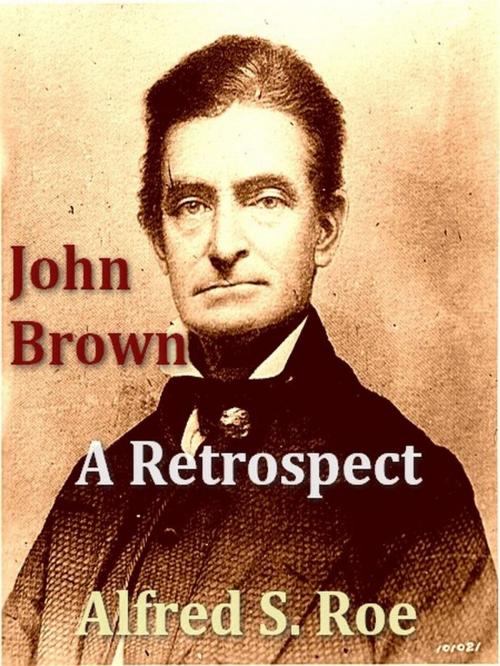
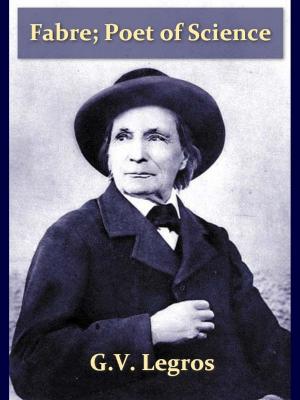

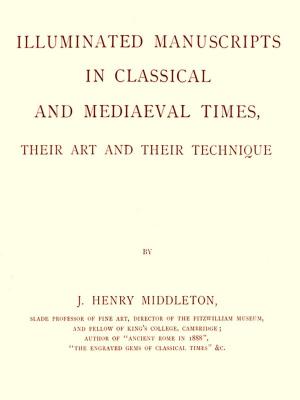
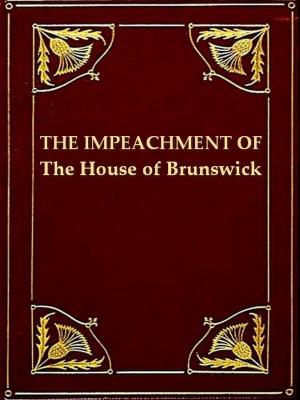
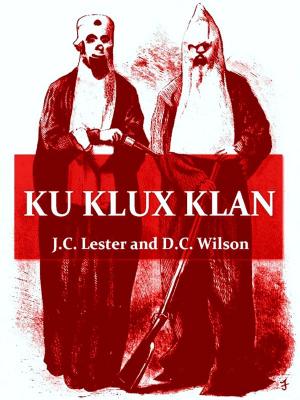
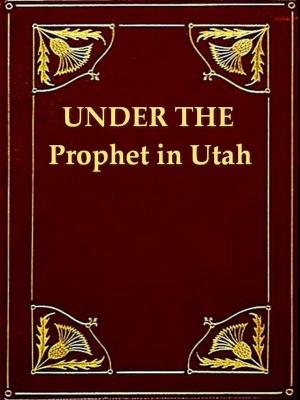

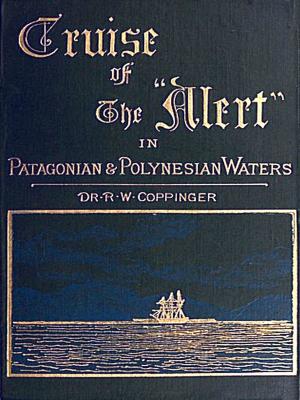

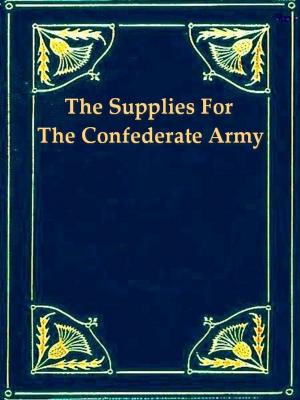

![Cover of the book Famous Privateersmen and Adventurers of the Sea, Their Rovings, Cruises, Escapades, and Fierce Battling upon the Ocean for Patriotism and for Treasure [Illustrated] by Alfred S. Roe](https://www.kuoky.com/images/2012/december/300x300/1230000095336-5K6k_300x.jpg)

